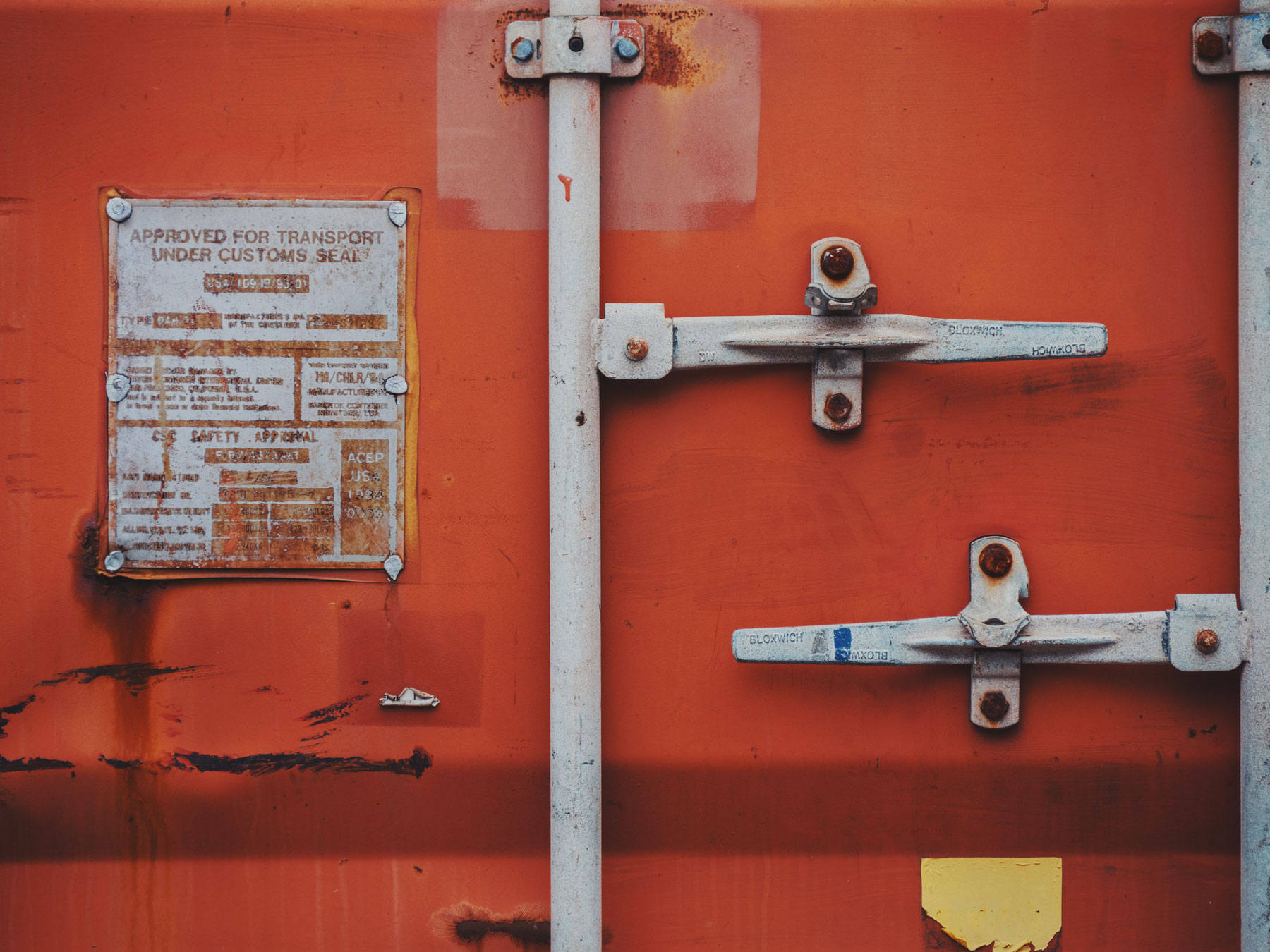Photo by Daniel von Appen on Unsplash
The bill is designed to strengthen product stewardship laws and prevent the export of Australian waste in response to the international condemnation of waste dumping by OECD countries like Australia in the Asia Pacific region and to support a much needed Australian recycling sector.
Yet the bill is supported by a range of national policy documents that enshrine Australia's plans to reprocess waste, particularly plastic wastes for use as fuel in Australia and overseas. In effect, the Australian government's response to China's National Sword Policy and similar action by other South East Asian countries, is to continue to export mixed waste by reprocessing it into a fuel product for incineration in cement kilns and waste incinerators.
This raises serious questions about Australia's commitment to the Basel Convention an international convention to ban the export of hazardous wastes.
Australia's residual waste stream is one of the largest in the world and stagnates at roughly 20 million tonnes per year. This waste contains many complex mixtures and materials including non-recyclable plastic waste. This waste stream is problematic because of the inherent chemical mixtures embedded in our materials production which include multi-layered and composite material products such as nappies, sanitary products, plastic packaging and all the products and materials that cannot be recycled or reused that end up in this highly complex hazardous waste stream. When residual waste is simply compressed into pellets or shredded and packaged in plastic bales as a fuel, the combustion of this material can cause highly toxic air emissions and associated hazardous ash which is a serious public health threat.
“When the Australian government announced its waste export ban, no one thought that this would mean our waste would simply be repackaged as a fuel product. We are deeply disappointed that the Australian government will continue to export our waste as a fuel product. This will pollute other more vulnerable communities in South East Asia while fuelling the many waste to energy incinerators planned for Australia, scandalously as clean and renewable energy projects with public funds,” states Jane Bremmer Zero Waste Campaign Coordinator for the National Toxics Network Australia.
"The new bill emerges at the crossroads of the global discourse on the circular economy, global efforts to reduce the greenhouse gases, and the upcoming Basel Amendments on plastic wastes. The bill could become a barrier for Australia to achieve all targets related to the global commitments," says Yuyun Ismawati from Nexus3 Foundation, Indonesia.
"In the last couple of years, a significant percentage of mixed waste from Australia that entered Indonesia, could not be recycled. Instead Australia should redesign the packaging, improve waste separation, collection and recycling for new products should be improved to meet the circular economy goal. Converting waste into RDF is not compatible with the circular economy principles and still pollutes the neighbouring countries," added Yuyun.
"In the past, like Indonesia, Malaysia has had bad experience from the exports of Australian waste to our country in the pretext of recycling and for use as fuel in cement kilns. Some of these wastes that were processed and repackaged as "fuel" such as Processed Engineered Fuels (PEFs) were found to be contaminated with hazardous waste," states Mageswari Sangaralingam from the Consumers' Association Penang (CAP), Malaysia.
Mageswari added, “Why should we, the recipient communities in the developing country suffer the adverse impacts from dumping of residual wastes, toxics from the combustion of these wastes that are disguised as''fuels ``? Australia should stop the exports and dumping, take responsibility for your own waste. Do not export harm."
Aileen Lucero from EcoWaste Coalition, Philippines states; "Allowing plastic wastes to be exported for co-incineration in cement kilns in developing countries is garbage disposal by another name. This is a deceptive scheme for Australia to get rid of its plastic residuals, combined with other materials, in the guise of replacing fossil fuels in cement production as if these wastes are not petroleum-based to begin with. We reject this gaping loophole in Australia's plastic export ban and ask the federal government to reconsider this scheme rebranding their garbage as fuel."
“While we laud the move to ban and phase-out single use plastic production and consumption, we are not buying Australia’s plan to ship all those plastic waste to other countries,” said Yobel Novian Putra, GAIA Asia Pacific Climate and Clean Energy Associate. “Repackaging plastic waste into fuel for burning in cement kilns in other countries does not address the problem at source. Feeding plastic in-disguise as fuel to cement kilns only shifts the environmental impact and promotes the usage of dirty incineration technologies.”
“It does not help that we make it so easy for the plastic industry to get away with their waste and just ship it to other countries with less stringent policies,” said Putra. This plastic ban along with its loopholes goes against the Prime Minister’s support for a ban on waste export which he announced August last year.”
Satyarupa Shekhar, Break Free From Plastic Asia Pacific Coordinator, sees the move as industry supported. “For years we have asked people to stop littering, segregate waste, recycle… while the plastic industry who manufactures these single-use plastic sit on their comfortable corporate offices probably thanking us for doing the work for them. It is high time we make them accountable, ask them to clean up their mess, or change their old ways, and offer genuine solutions.”
For more information and interviews:
Jed Alegado
Senior Communications Officer, Break Free From Plastic (BFFP) Asia Pacific
Phone: +63 917 6070248
Email: jed@breakfreefromplastic.org
Website: www.breakfreefromplastic.org
Sonia Astudillo
Communications Officer, Global Alliance for Incinerator Alternatives (GAIA) Asia Pacific
Phone: +63 917 5969286
Email: sonia@no-burn.org
Website: www.no-burn.org




